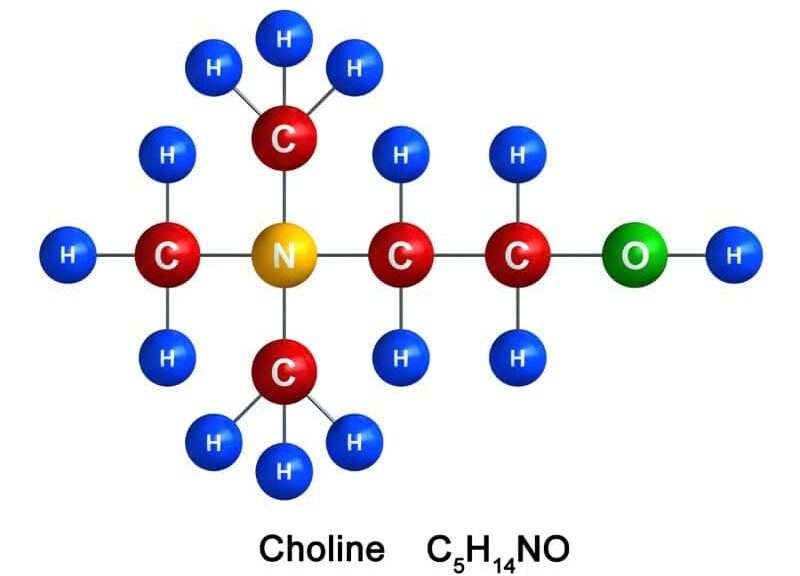- Home
- Product
- Patient
- Order Online
- Prescription Quote
- Collect at your Pharmacy
- Find a Pharmacy
- Find a Integrative Doctor
- Track my Medicine
- What is a Compounding Pharmacy?
- Child Friendly Medication
- Vet & Animal Compounding
- Easy to Swallow Pills
- Motion & Seasickness
- Medication without the Additives
- Unavailable Medications
- Schedule 8 Shipping Waiver
- Pharmacists
- Prescribers
- Shop
- FAQs
- About
- Careers
- Contact Us
- Home
- Product
- Patient
- Order Online
- Prescription Quote
- Collect at your Pharmacy
- Find a Pharmacy
- Find a Integrative Doctor
- Track my Medicine
- What is a Compounding Pharmacy?
- Child Friendly Medication
- Vet & Animal Compounding
- Easy to Swallow Pills
- Motion & Seasickness
- Medication without the Additives
- Unavailable Medications
- Schedule 8 Shipping Waiver
- Pharmacists
- Prescribers
- Shop
- FAQs
- About
- Careers
- Contact Us
Why you might be lacking Choline

While most health-conscious people are aware of the importance of B-group vitamins, the vital role of one in the group – Choline – receives little fanfare. Is the lack of attention warranted our should we be paying more attention to this important macronutrient?
What is Choline?
As mentioned above, Choline is a B-group essential nutrient, which is converted by the body into a neurotransmitter called acetylcholine. Acetylcholine acts as a courier, or transmitter, of nerve pulses within the central and peripheral nervous system and is vital to a range of functions including muscle contraction, brain function, pain response, memory and healthy cognitive functioning.
Choline also plays a role in the liver, the organ where it’s predominantly metabolised by the body. The process of metabolism helps to break down cholesterol in the liver.
Why are good Choline levels important?
Choline deficiency has been linked to non-alcoholic fatty liver disease, neurodegenerative diseases and skeletal muscle atrophy.
A study published in the American Journal of Clinical Nutrition from that 77% of men and 80% of postmenopausal women, who participated in the trial, developed fatty liver or muscle damage when deprived of choline in their diets.
Who is at risk of Choline deficiency?
Anyone with a diet low in Choline-rich food is at risk of developing Choline deficiency however people who fall into the following groups are at highest risk:
▪ Postmenopausal women – postmenopausal women typically have lower levels of estrogen, and this hormone plays a role in the efficient production of choline.
▪ Pregnant women – Pregnant women require more Choline to support their unborn baby’s development. Choline deficiency in the mother has been associated with neural tube defects in babies.
▪ Heavy drinkers – choline metabolism is significantly increased by high intakes of alcohol, therefore people who consume high levels of alcohol are at greater risk of choline deficiency
▪ Endurance athletes – Prolonged physical activity has been shown to
What are the symptoms of Choline deficiency?
The symptoms of Choline deficiency include:
- ▪ Feeling anxious or restless
- ▪ Non-alcoholic fatty liver disease
- ▪ Problems with the kidneys
- ▪ Damaged muscles
- ▪ Blood conditions.
Where can Choline be found?
The richest sources of Choline can be found in eggs and organ meat like liver and kidney. Beef and chicken are also good sources.
Shitake mushrooms also contain high levels of Choline and other vegetable sources of the nutrient include soy beans, lima beans, kidney beans, broccoli, cauliflower and almonds.
Choline can also be sourced through high quality nutritional supplements produced by a compounding pharmacist.
Note from National Custom Compounding: For people at high risk of choline deficiency we can make up high-quality supplies of choline supplements – either alone or in combination with other vitamins and minerals. For more information contact us on 1300 731 755 or drop a line to [email protected].
